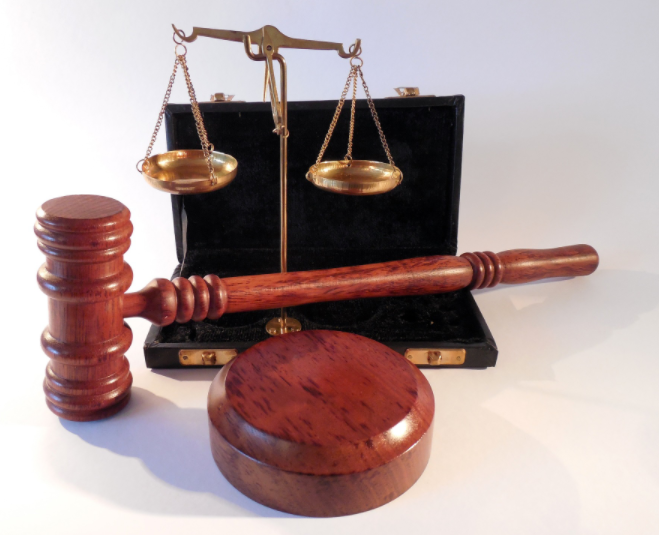The Case of No Will
What happens if you don’t create a Will?
Major headaches are inevitable when a person dies without a Will (also known as dying “intestate”). The major issue being that, without a Will, your final wishes are not voiced for the fiduciaries and/or beneficiaries. This lack of instruction then leads to confusion and disagreements among family members and threatens future disharmony. Normally, with a properly drafted Will, there would be a named person to serve as a Personal Representative of your estate, but without a Will, the court will need to rely on statutory law through a formal petition process. This petitioning process then opens the door to an unintended person becoming the Personal Representative of your estate and thereby creating the potential for further chaos. The court will do its best to get the estate settled as fairly as possible, but the timing of when and how things get done can be largely at the discretion of the Personal Representative. The result being that the estate administration could extend years before being completely resolved while racking up legal fees and administrative expenses along the way.
The Basics of Wills and Trusts
What is the difference between a Will and a Trust?
A will is a written legal document intended to be submitted to the probate court upon your death with instructions on how you want your estate (probated assets and outstanding obligations) administered. A trust is a legal arrangement (generally private whereas a Will becomes public record) with three sometimes overlapping parties (see below) that all play distinct roles. Trusts are created by the “trustor” or “grantor” and instruct the trustee on how to administer assets. Unlike a living trust, which is created during a person’s life, a testamentary trust is established via the Will (in other words, the testamentary trust is created via public court process after a person dies and therefore is not preferred since a living trust can accomplish the same goal without the hassle and expense associated with a testamentary trust).
Do You Actually Need A Trust?
A trust can be a useful tool for various scenarios, but is not always necessary and is often oversold to increase attorney’s fees. So the question is: do you actually need a trust? Here are the three most common scenarios where a trust may make sense for you: To Avoid Probate on Out-of-State Property.
How To Start The Estate Planning Conversation With Family
Death and money are likely among the top two things you don’t want to talk about around the dinner table. Yet you probably know very well that an estate planning conversation is something you should discuss with your family sooner rather than later. Otherwise, your survivors may misinterpret or fail to follow your intentions, which
What Is Probate And How Can You Minimize The Cost?
Probate is the legal process that occurs after your death in order to settle your estate. The process can vary depending on your situation. For example, in Massachusetts there are four types of probate: (1) Voluntary Administration, (2) Informal Proceedings, (3) Formal Proceedings, and (4) Supervised Administration. While the exact steps vary depending on





